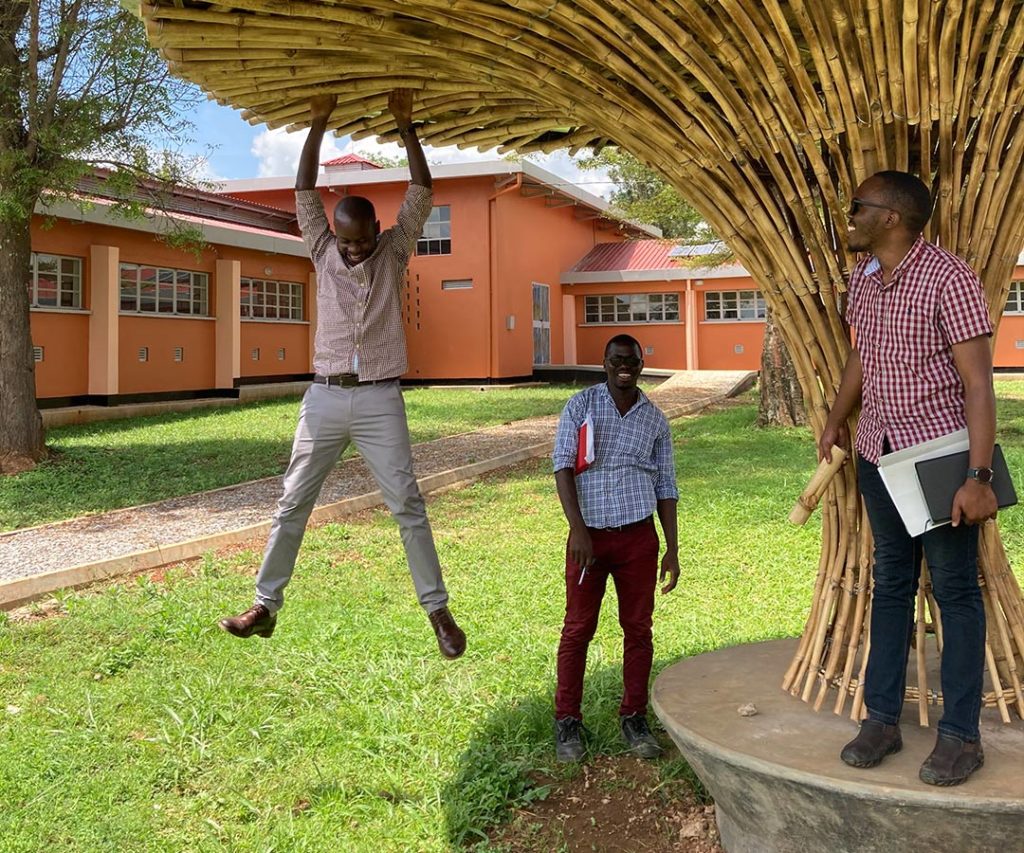Innovation, Transition & Environment at Scale.
Our Vision
By rethinking, promoting and redesigning an available but underappreciated resource, we want to transform agriculture, develop ecological construction alternatives, generate renewable energy solutions and fuel a green economy.

Our Approach
Plantation & propagation
Bamboo Processing
Design & Build
Renewable Energies
3 Year Goals
Plantation & Propagation
Bamboo Processing
Design & Build
Business
1.000 hectares bamboo planted
2.000 tons of bamboo harvested.
Production of 1.200 ton green bamboo products and 800 ton renewable bamboo.
1.000 tons of bamboo used in ecological construction.
Innovation
-
Bamboo agroforestry models.
Carbon credits used to fund social model. - Conservation by training on sustainable harvesting.
- Development of CO2 Negative Bamboo products.
- Development of efficient bamboo renewable energy solutions.
Promoting and developing innovative ways to construct with bamboo.
Environmental Impact
-
Bamboo agroforestry becomes the new norm.
50.000 tons of CO2 - 300 Ha of degraded lands regenerated.
- 2.200 tons of CO2 stored in bamboo products.
- 100 Ha deforestation avoided.
Innovative alternatives supporting more ecological construction.
(construction sector is responsible for +-40% of all carbon emissions)
What to do with Bamboo

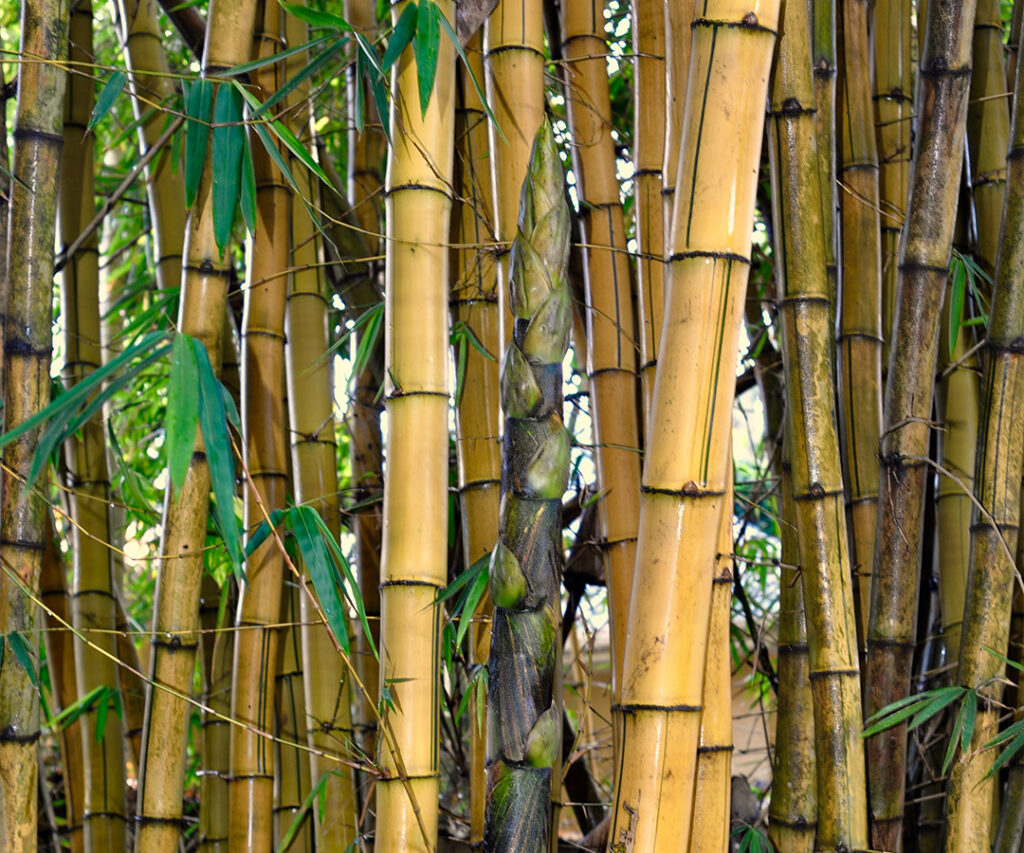
Why Bamboo
Bamboo is the fastest growing plant on land. It sequesters more Co2 then the average tree and generates 30% more oxygen. Bamboo requires little maintenance and no pesticides and reaches maturity after 5 years. Because it is a grass, only part of the plant is harvested and a permanent canopy remains, in which animals can find refuge and/or other crops shade and shelter. Its extensive root system and nutritious foliage, gives bamboo the ability to control erosion, regulate water levels, improve soil quality and generate a microclimate. Due to the fast growth and regular harvesting – without the need for replanting – bamboo can create a large number of durable products and provide a sustainable year-long source of income.
Fastest growing plant
(on land)
Quick carbon capture
(5x more then trees in first 10 years)
Fibers 3x stronger then steel
Controls erosion
Regulates water levels
Improves soil quality
Permanent canopy
(providing refuge for animals)
Good fuel characteristics
30% more oxygen
Bamboo is a fast-growing, renewable and versatile resource. […] It is well accepted that bamboo development could contribute directly to at least seven of the UN Sustainable Development Goals, including poverty alleviation, affordable and clean energy, affordable and resilient housing, sustainable consumption, climate change mitigation, and terrestrial ecosystem protection.
Dr. Hans Friederich, Director General
International Bamboo and Rattan Association (INBAR)


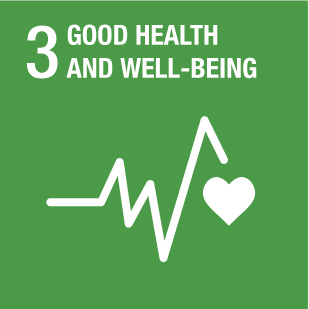



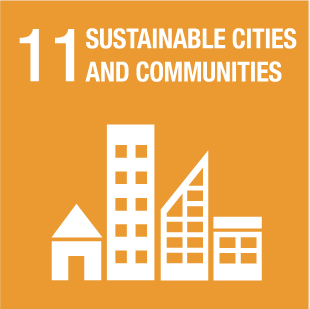


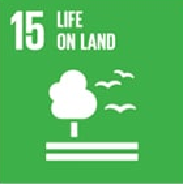
Join Us
We are looking for dynamic alliances to scale our efforts and deliver greater impact, to achieve our vision of an innovative, transformative and sustainable bamboo future.
Ways to engage
By directly contributing to existing or new initiatives.
As a strategic partner, to support with technical expertise and resources for new and existing activities on the ground.
As a bamboo enthusiast, to fuel us with that special bamboo energy!
